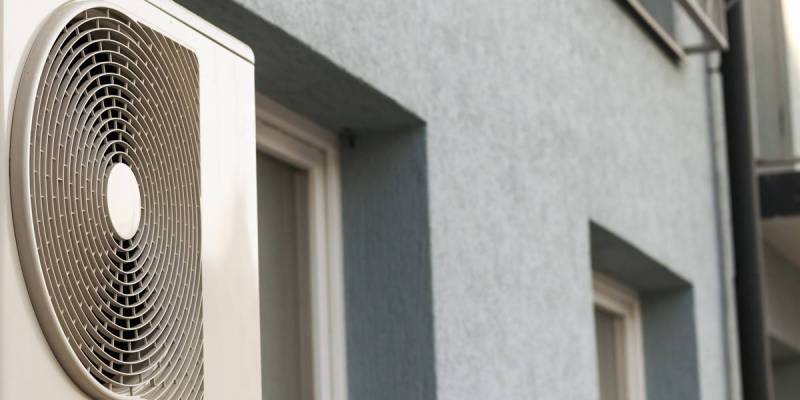When installing an air conditioning system, it’s not enough to hire a professional contractor and choose the best unit. Obtaining permits is one aspect of air conditioning installation that’s frequently overlooked. Understand the importance of permits when installing a home system or tackling large-scale projects that require Commercial AC Repair. It can save money, time, and possibly legal trouble.
Air Conditioning Installation Permits: Why They Are Important
Local governments give permits to ensure air conditioning systems adhere to safety regulations and building laws. These permits are a safety measure for the property owner and the community. Permits make sure that your AC system meets safety and technical standards. They also minimise the risk of electrical hazards, structural issues and inefficiency. By skipping this step, you could face fines, delays or the need for a system to be removed and reinstalled properly.
Permits become even more crucial for businesses. The improper installation of a system without a permit may affect liability and insurance claims, particularly in the case of AC commercial repair. The need to comply with regulations is more crucial for these systems, which often have large capacities and complex configurations.
When Do You Need A Permit For An Air Conditioner Installation?
Not all air conditioners require permits, but many do. Local regulations determine when permits are necessary. In some cases, installing central air systems or upgrading commercial HVAC equipment may not require permits. A permit may be needed for electrical upgrades, ductwork installation, and structural changes to the building.
In the commercial setting, permits are needed for more. For example, adding a new rooftop unit, upgrading refrigeration systems, or making major repairs to a commercial AC system often requires formal approval. If you plan to install or repair Commercial AC, business owners must prepare for the extra complexity of permits.
How To Get An Air Conditioning Installer Permit?
It is easy to obtain an installation license when you work with licensed contractors who know local regulations. Contractors handle the entire application process and make sure all documentation is correctly submitted. This includes technical specifications and load calculations, as well as compliance with energy efficiency regulations.
Commercial installations may require additional steps in the permit process. Businesses will often be asked to provide blueprints, engineering reports, and evidence that the installation complies with local zoning and environmental guidelines. If you do not have the required permits, your work may be stopped or face penalties and legal issues.
The Role Of Inspections During The Permitting Process
Inspections will be required after a permit to ensure the work meets the approved standards. Residential installations may only require a check of the unit and its connections. Inspecting commercial installations or repairs is more difficult. Inspectors examine factors such as refrigerant and airflow efficiency.
Inspections should be scheduled promptly to address any issues. Incomplete inspections can result in project delays or additional costs. By working with certified professionals, you can minimise the risk of not meeting requirements and ensure your installation meets them.
How Permits Affect Commercial Air Conditioning Projects?
Permitting for commercial installations can be more complicated and time-consuming than that of residential installations. This is because commercial air conditioning systems are larger, more complicated, and subject to tighter regulations. Permits can help ensure that systems are operated safely and efficiently, especially when comfort and climate control are priorities.
Permits can be needed for AC commercial repair when the work entails substantial modifications or upgrades. For example, replacing the compressor, adding ductwork, and upgrading electrical systems may require formal approval. These steps will help you comply with building codes and prevent future problems.
Conclusion
Although permits for air conditioning installations may seem like a burden, they ensure safety, efficiency, and compliance. Installing a new AC system in your home or managing a large-scale commercial AC repair is no easy task.
Working with professionals licensed to do the job, knowing local regulations, and prioritising your compliance will ensure that you avoid unnecessary delays and succeed in your project. Permits are a worthwhile investment that will result in an air conditioner system that is efficient, reliable, and lasts for many years.





